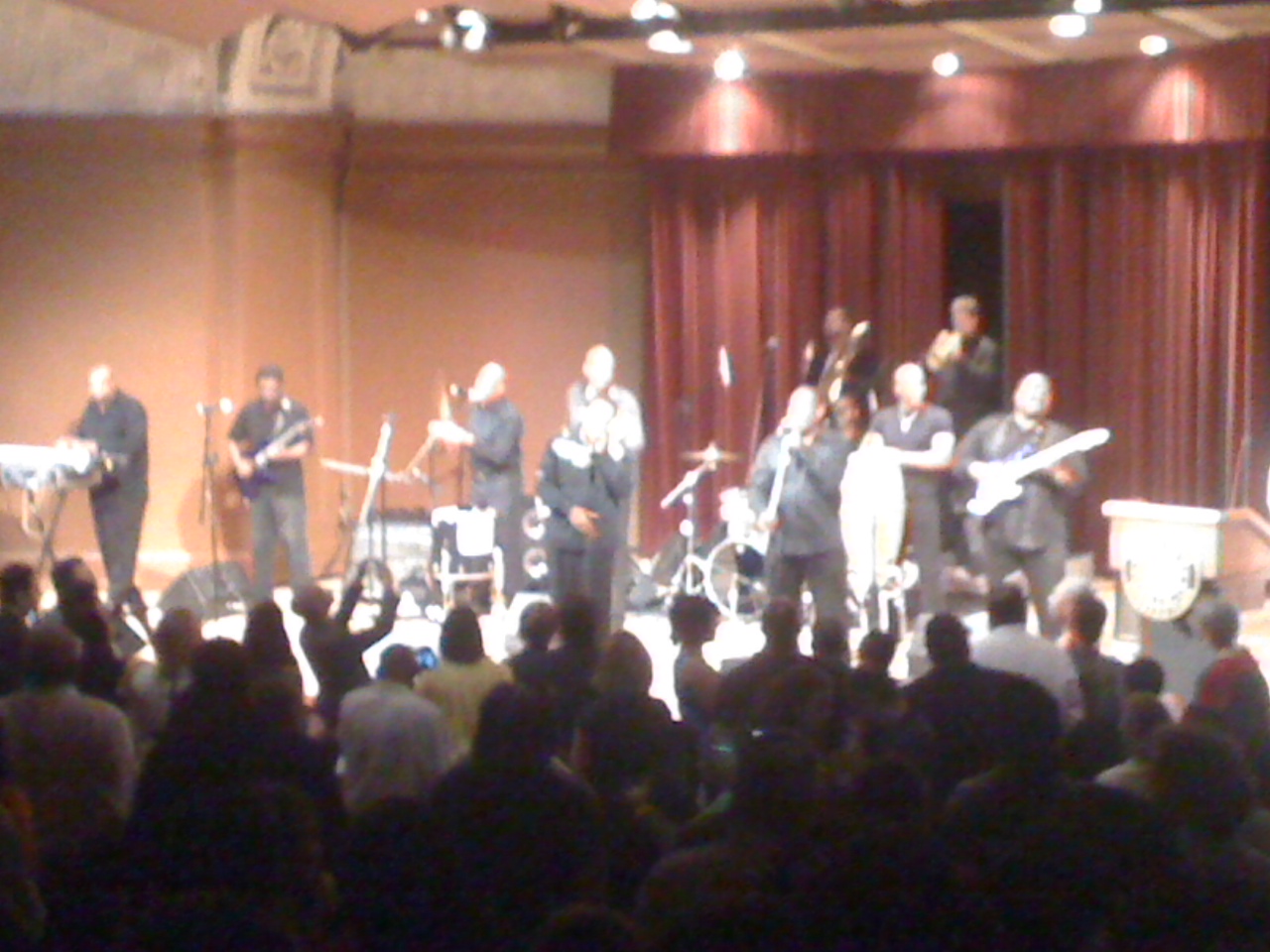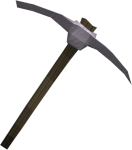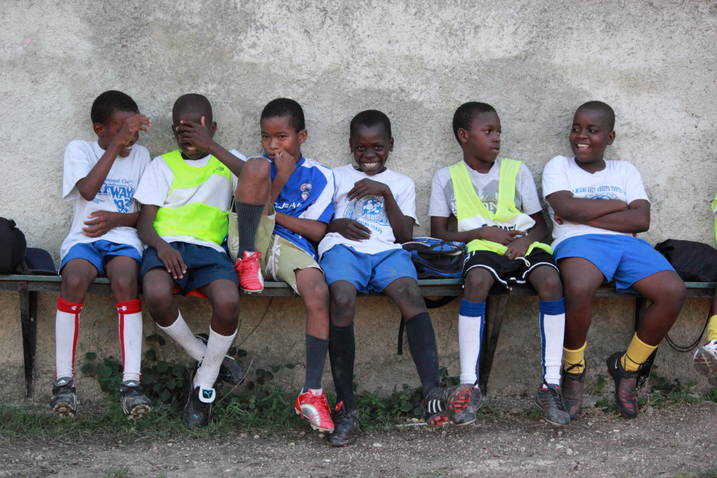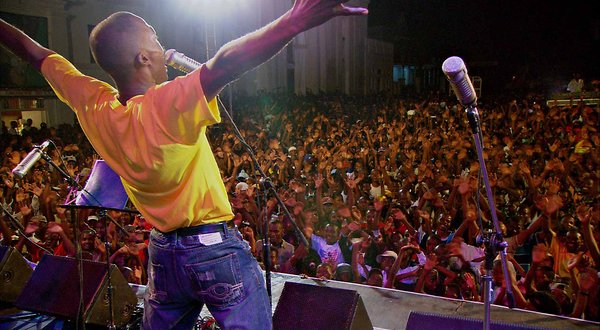Guest Blog: In the Eye of the Spiral (Raynald Leconte)
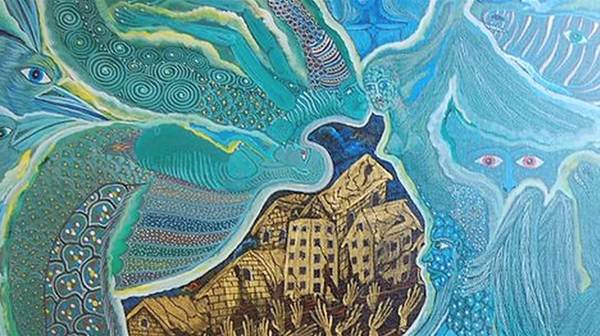 Below is a guest blog by Raynald Leconte, Chairman of the Haitian Cultural Foundation (HCF). HCF has produced a documentary about Haitian art entitled "In The Eye of the Spiral" with commentary by some of Haiti’s most important living artists. Haitian art is so expansive that it can be difficult to describe adequately. To paraphrase the artists: “Chaos is the reality of life…there are few places in the world with as much chaos and artistic devotion as Haiti… creativity is our wealth”. Check out the documentary and HCF as well. Thanks!
Below is a guest blog by Raynald Leconte, Chairman of the Haitian Cultural Foundation (HCF). HCF has produced a documentary about Haitian art entitled "In The Eye of the Spiral" with commentary by some of Haiti’s most important living artists. Haitian art is so expansive that it can be difficult to describe adequately. To paraphrase the artists: “Chaos is the reality of life…there are few places in the world with as much chaos and artistic devotion as Haiti… creativity is our wealth”. Check out the documentary and HCF as well. Thanks!



